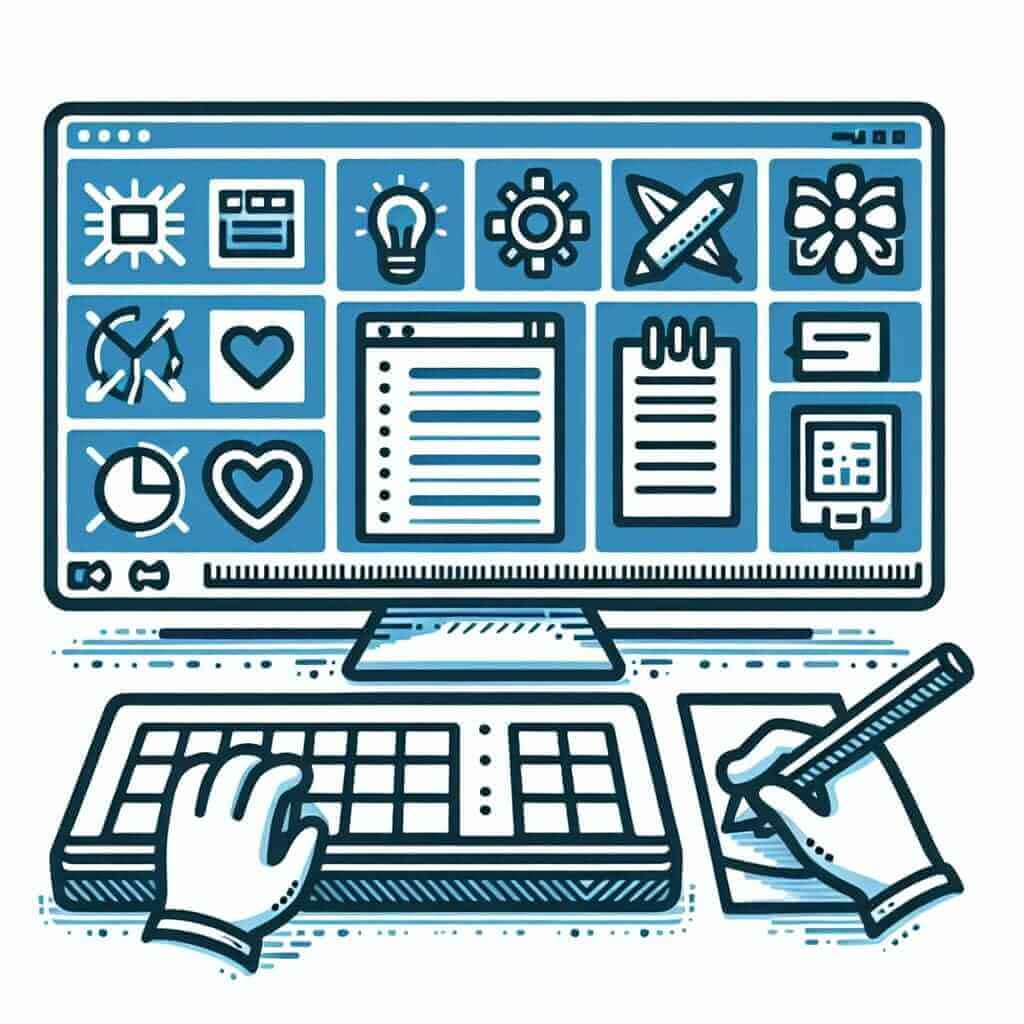In today’s technology-driven world, a good grasp of computing vocabulary is essential, especially if you’re aiming for a high IELTS score. The term “operating system” is one such word that frequently appears in various sections of the IELTS exam. Understanding its meaning, usage, and related vocabulary can significantly boost your performance.
Here, we delve into the intricacies of “operating system” and its significance in the IELTS, providing you with the necessary knowledge to excel.
Synonyms: Platform, software environment, system software.
Antonyms: Hardware, application software
Definition: An operating system (OS) is the software that manages all of a computer’s processes and resources and allows you to interact with it.
Example: Windows 10 and macOS are popular examples of operating systems.

Deconstructing “Operating System”
Understanding the Meaning
An “operating system” acts as the bridge between you and the computer’s hardware. It manages hardware resources, interprets user commands, and executes applications. Without an OS, a computer is like a car without an engine – powerful but unusable.
Pronunciation and Syllable Breakdown
Let’s break down the pronunciation:
- Op-er-at-ing Sys-tem
- Stress is placed on the syllables “Op” and “Sys.”
Relevance in IELTS Sections
The term “operating system,” along with related vocabulary, can appear in any section of the IELTS, including:
Listening: You might hear it in lectures about technology, dialogues about computer problems, or discussions on software development.
Reading: Passages about technological advancements, computer science, or even workplace environments might use this term.
Writing: Task 1 could involve describing a process diagram of how an OS works, while Task 2 might require you to discuss the impact of different operating systems on society.
Speaking: When discussing technology, your work (especially if it’s IT-related), or future aspirations in a tech field, using this vocabulary can demonstrate your proficiency.
Applying “Operating System” in IELTS Contexts
Writing Example (Task 2)
Prompt: Some people believe that technology has made our lives easier, while others argue that it has made life more complicated. Discuss both views and give your opinion.
Sample Response: …Moreover, the evolution of operating systems, from rudimentary command-line interfaces to intuitive graphical user interfaces, has undeniably simplified computer use for the average person. Tasks that once required specialized knowledge, such as installing software or managing files, are now achievable with a few clicks…
Speaking Example (Part 3)
Examiner: What are some of the key factors people consider when choosing a new computer?
Candidate: Well, apart from the price and brand reputation, I think the operating system is crucial. Some people prefer the familiarity of Windows, while others value the design and security features of macOS. Ultimately, it depends on individual needs and preferences.
Expanding Your Lexicon: Collocations and Idioms
- Run an operating system: This refers to using a particular OS on a device. Example: My old laptop can’t run the latest operating system.
- Operating system compatibility: This refers to whether software or hardware can function correctly with a specific OS. Example: Before buying new software, always check its operating system compatibility.
- Upgrade an operating system: This means to install a newer version of the OS. Example: I need to upgrade my operating system to improve my computer’s security.
Conclusion
Mastering vocabulary related to technology, such as “operating system,” is crucial for success in the IELTS. By understanding its various nuances, practicing its use in different contexts, and familiarizing yourself with related terms, you can confidently approach the exam and achieve your desired score. Remember, consistent practice is key to expanding your vocabulary and improving your overall language skills.